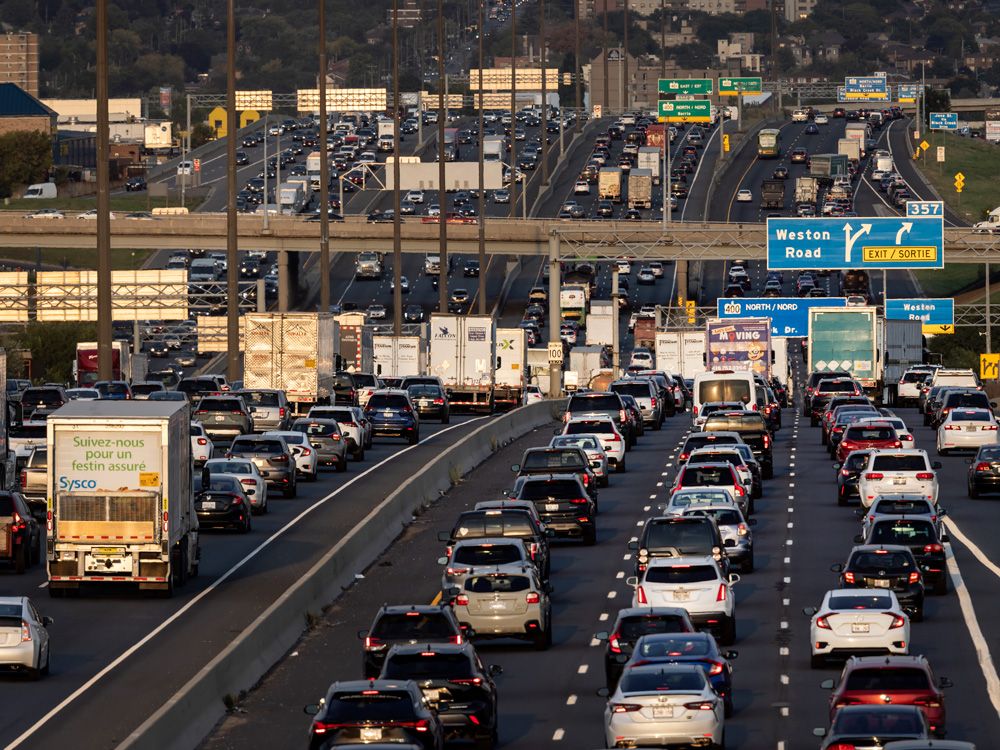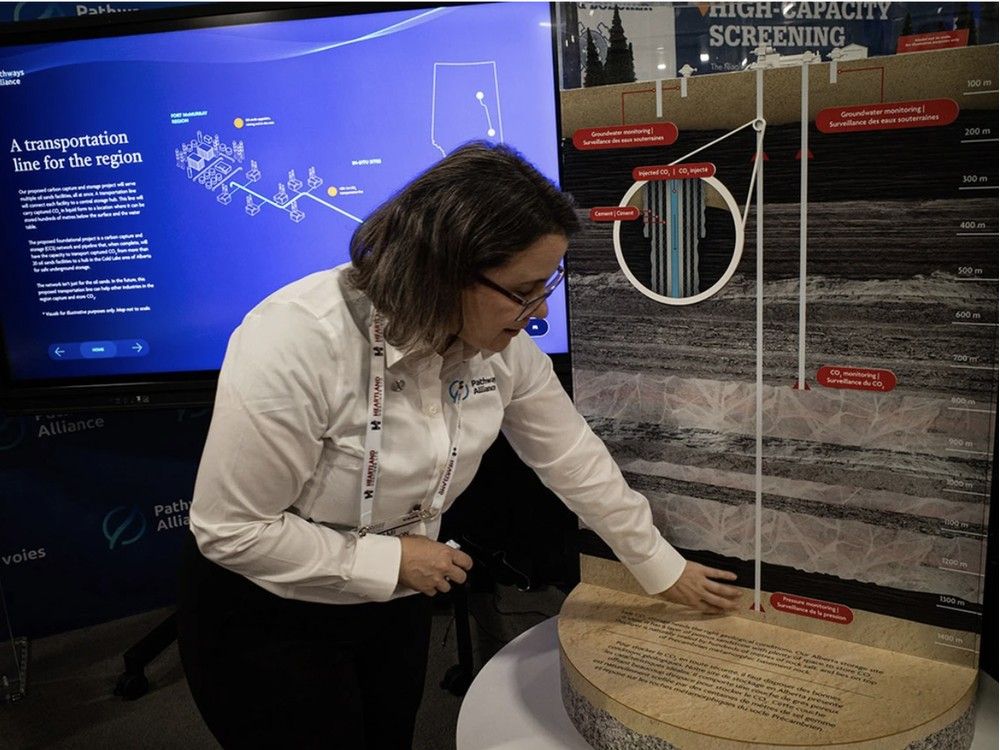Concern over indigenous rights
But there are delicate negotiations that will need to be handled on the home front, too. In the 1950s, Canada resettled thousands of Inuits so it could press its claim for sovereignty of the Northwest Passage, under threat from the US and Soviet Union. Many were removed from their parents. Some ended up in the unmarked graves found at residential boarding schools, the subject of a roiling scandal and profound shame within Canada.
Today, Ottawa is careful not to simply barge its way around First Nations’ lands. As he announced the expansion of Canada’s presence in the Arctic, Mr Carney promised $176 million for indigenous reconciliation initiatives. But the construction blitz coming to the region may well come into conflict, once more, with Inuit peoples: a recent editorial in the National Post warned that the critically needed new development “could have negative consequences – no matter how hard we mitigate – for wildlife and indigenous peoples”.
As it stands, construction projects must go through lengthy, arduous reviews to assess their impact on local communities. One road commissioned in 2019, connecting a mineral-rich area to a proposed port in the North West Territories, is only expected to begin construction in 2028, after the completion of the indigenous review process. “Projects need to be sped up,” the Post wrote, and assessments “need to be whittled down”. Mining rights should be opened up, and Arctic drilling too.
Upon learning of Mr Poilievre’s plan for expedited Arctic construction, PJ Akeeagok, the premier of Nunavut, sounded the alarm over native rights being trampled once again. “I look forward to Mr Poilievre’s explicit recognition that… his plans for the Arctic will be made in partnership with Northerners to reflect our rights, needs and perspectives,” he said.
Canada’s intelligence agencies have uncovered Chinese attempts to woo indigenous leaders, capitalising on discontent with the federal government.
To Mr Cowan, working with indigenous peoples is not a “charity”. Ottawa might have to move more quickly than before, but “they need to be our partners… Because I’m telling you, if you try to do anything without them, you’re f-----”.
In the Inuktitut language, Nanisivik means “the place where people find things”. Canada’s military appears to be belatedly finding its backbone. Ships, surely, will dock at the disused naval base before the passing of too many more summers.

 www.yukon-news.com
www.yukon-news.com

 www.cbsnews.com
www.cbsnews.com










